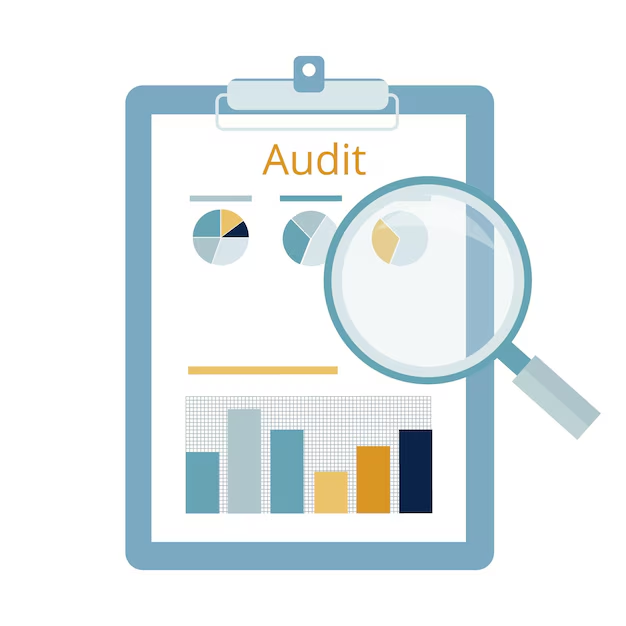How Auditing Professionals Ensure an Audit-Ready Enterprise During Audit Season
Audit season can strike anxiety into the hearts of business leaders and finance teams—“Do we have all the required documentation?” “What if auditors ask for files we don’t have?” Fortunately, with proactive preparation, audit execution can be smooth, efficient, and stress-free.
This guide walks you through 10 key documents every enterprise should prepare ahead of audit time to ensure credibility, compliance, and audit readiness.
The 10 Must-Have Documents for Audit Season
1. Company Foundation Documents
This includes your business registration, company constitution, and organizational structure chart—essential for proving entity legitimacy and governance structure.
2. Financial Statements
Prepare your balance sheet, income statement, and cash-flow statement. These are the backbone of any audit and critical to showcasing financial health.
3. Detailed Ledger Records
Accurate general ledgers, account-level detail, and sub-ledger documents support the integrity of your financial reports.
4. Banking Documents
Bank statements and reconciliation statements validate your cash holdings and ensure alignment between your books and bank records.
5. Contracts and Agreements
Keep copies of your key contracts—sales, procurement, loans—to substantiate revenue, expenses, liabilities, and contingent obligations.
6. Invoices & Receipts
Ensure you have all pertinent invoices (both sales and purchases) along with expense reimbursement records to back up financial movements.
7. Fixed Assets Documentation
Compile asset registers, depreciation schedules, and inventory count records to substantiate asset existence and valuation.
8. Tax Filings
Submit corporate income tax filings (e.g., income tax and VAT/GST documents) along with proof of payment receipts.
9. Human Resources Records
Collect payroll data, social security payments, and employment contracts to corroborate employee-related expenses and compliance.
10. Other Key Materials
Include board resolutions, official meeting minutes, and explanations of any significant transactions or events.
Why This Matters
Pre-audit preparation is more than just checking a box—it demonstrates your firm’s commitment to transparency and operational excellence. Having these documents ready can:
-
Greatly improve audit efficiency
-
Minimize costly delays
-
Enhance confidence among investors, regulators, and partners
Pro Tips for Better Organization
-
Start early—ideally one month before audit begins
-
Organize by type—use both digital folders and physical binders
-
Proactively communicate with your auditors to clarify expectations
Want the Checklist Free?
We’ve made this “Audit Season 10-Document Checklist” available—so straightforward, yet so valuable.
Free to download—don’t miss out!
Want to Compare?
| Scenario | What You Do |
|---|---|
| Audit season is near | Refer to this checklist and start gathering immediately |
| Unsure of what’s needed | Use the call-to-action above to get the free checklist sent to you |
| Auditor asks for clarification | Show the documentation and process you’ve established already |
Final Thoughts
Audit doesn’t have to be a nightmare if you’re well-prepared. With the right documents, organized storage, and early communication, you’re setting your company up for a successful and transparent audit. ⏳
Disclaimer: This article is for informational purposes only and does not constitute any professional advice. Feel free to contact us to consult with our professional advisors team for personalized advice and guidance.
Sources: https://xhslink.com/n/zUckq0AhA




